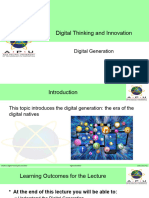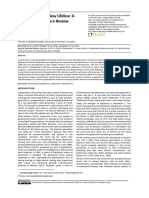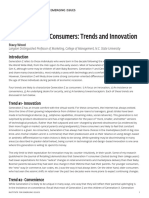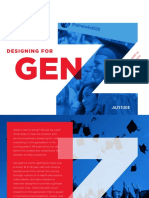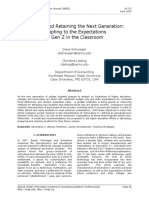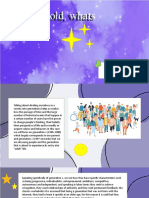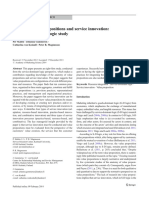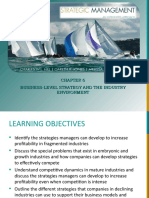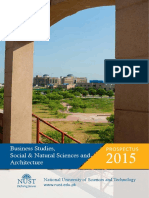0% found this document useful (0 votes)
51 views4 pagesTutorial 2 Digital Generation - Question
Uploaded by
Wong Jia YuanCopyright
© © All Rights Reserved
We take content rights seriously. If you suspect this is your content, claim it here.
Available Formats
Download as DOCX, PDF, TXT or read online on Scribd
0% found this document useful (0 votes)
51 views4 pagesTutorial 2 Digital Generation - Question
Uploaded by
Wong Jia YuanCopyright
© © All Rights Reserved
We take content rights seriously. If you suspect this is your content, claim it here.
Available Formats
Download as DOCX, PDF, TXT or read online on Scribd
/ 4




